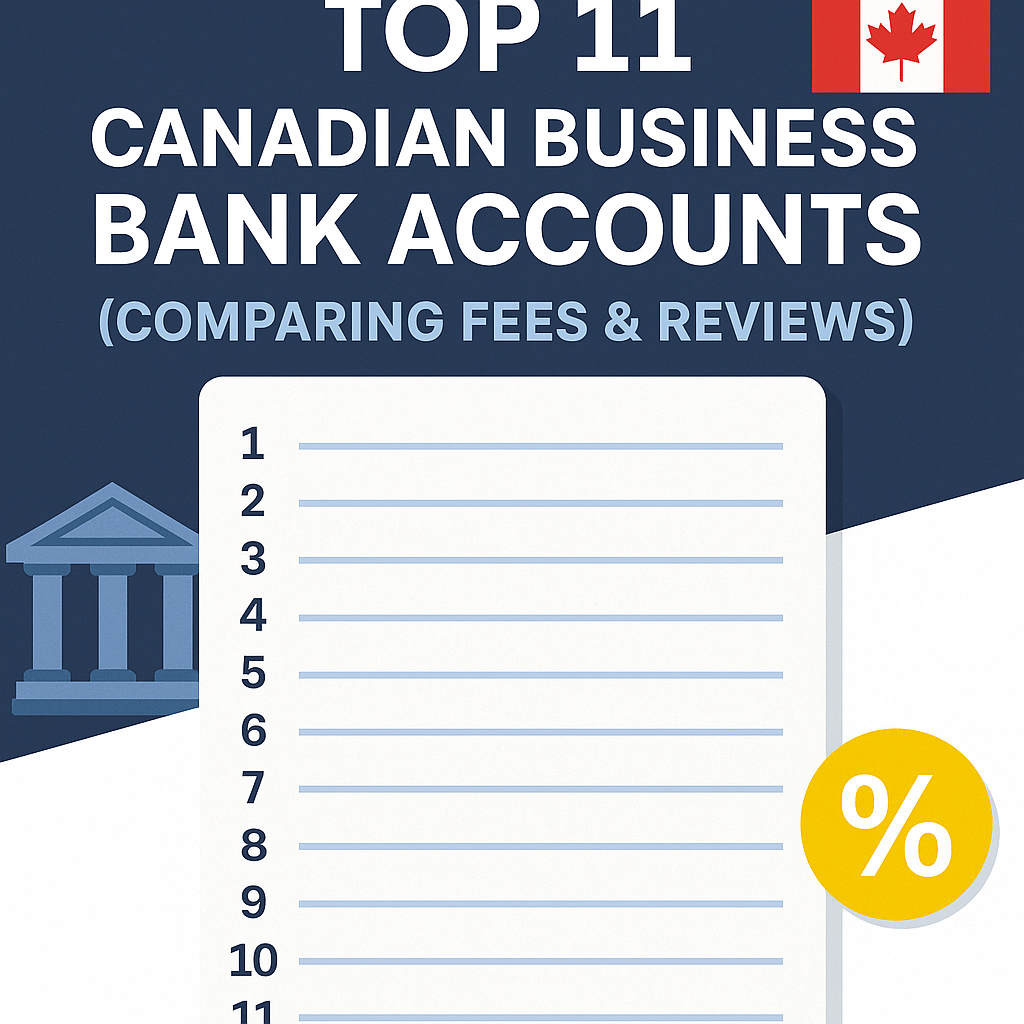GOOGLE ADS MANAGEMENT
ALL SERVICES- GRAPHIC DESIGN & BRANDING
➥ WEBSITE DESIGN TORONTO
➥ TORONTO LOGO DESIGN
➥ BROCHURE GRAPHIC DESIGN
➥ INFOGRAPHIC DESIGN
➥ BUSINESS CARD DESIGN
➥ PACKAGE DESIGN TORONTO
➥ ILLUSTRATION DESIGN
➥ ADVERTISING POSTER DESIGN
➥ BRANDING STRATEGY & SERVICES- ➤ VIEW ALL SERVICES
WEB DEVELOPMENT & SUPPORT
➥ CUSTOM WEB DESIGN TORONTO
➥ ECOMMERCE WEBSITE DESIGN TORONTO
➥ WEBSITE MAINTENANCE SERVICES
➥ SHOPIFY WEBSITE DESIGN
➥ SHOPIFY EXPERTS TORONTO
➥ WORDPRESS DEVELOPMENT
➥ WORDPRESS MAINTENANCE- ➤ VIEW ALL SERVICES
WEBSITE MARKETING & CONTENT
➥ SEO PACKAGES TORONTO
➥ TORONTO SOCIAL MEDIA AGENCY
➥ CONTENT MARKETING TORONTO
➥ PPC MANAGEMENT TORONTO
➥ AFFILIATE MARKETING CANADA
➥ STRATEGIC CONSULTATION- ➤ VIEW ALL SERVICES
ABOUT
RESOURCES- LET’S CHAT
Questions? Call us at
647-348-4995

GOOGLE ADS MANAGEMENT
ALL SERVICES- GRAPHIC DESIGN & BRANDING
➥ WEBSITE DESIGN TORONTO
➥ TORONTO LOGO DESIGN
➥ BROCHURE GRAPHIC DESIGN
➥ INFOGRAPHIC DESIGN
➥ BUSINESS CARD DESIGN
➥ PACKAGE DESIGN TORONTO
➥ ILLUSTRATION DESIGN
➥ ADVERTISING POSTER DESIGN
➥ BRANDING STRATEGY & SERVICES- ➤ VIEW ALL SERVICES
WEB DEVELOPMENT & SUPPORT
➥ CUSTOM WEB DESIGN TORONTO
➥ ECOMMERCE WEBSITE DESIGN TORONTO
➥ WEBSITE MAINTENANCE SERVICES
➥ SHOPIFY WEBSITE DESIGN
➥ SHOPIFY EXPERTS TORONTO
➥ WORDPRESS DEVELOPMENT
➥ WORDPRESS MAINTENANCE- ➤ VIEW ALL SERVICES
WEBSITE MARKETING & CONTENT
➥ SEO PACKAGES TORONTO
➥ TORONTO SOCIAL MEDIA AGENCY
➥ CONTENT MARKETING TORONTO
➥ PPC MANAGEMENT TORONTO
➥ AFFILIATE MARKETING CANADA
➥ STRATEGIC CONSULTATION- ➤ VIEW ALL SERVICES
ABOUT
RESOURCES- LET’S CHAT
Questions? Call us at
647-348-4995

GOOGLE ADS MANAGEMENT
ALL SERVICES- GRAPHIC DESIGN & BRANDING
➥ WEBSITE DESIGN TORONTO
➥ TORONTO LOGO DESIGN
➥ BROCHURE GRAPHIC DESIGN
➥ INFOGRAPHIC DESIGN
➥ BUSINESS CARD DESIGN
➥ PACKAGE DESIGN TORONTO
➥ ILLUSTRATION DESIGN
➥ ADVERTISING POSTER DESIGN
➥ BRANDING STRATEGY & SERVICES- ➤ VIEW ALL SERVICES
WEB DEVELOPMENT & SUPPORT
➥ CUSTOM WEB DESIGN TORONTO
➥ ECOMMERCE WEBSITE DESIGN TORONTO
➥ WEBSITE MAINTENANCE SERVICES
➥ SHOPIFY WEBSITE DESIGN
➥ SHOPIFY EXPERTS TORONTO
➥ WORDPRESS DEVELOPMENT
➥ WORDPRESS MAINTENANCE- ➤ VIEW ALL SERVICES
WEBSITE MARKETING & CONTENT
➥ SEO PACKAGES TORONTO
➥ TORONTO SOCIAL MEDIA AGENCY
➥ CONTENT MARKETING TORONTO
➥ PPC MANAGEMENT TORONTO
➥ AFFILIATE MARKETING CANADA
➥ STRATEGIC CONSULTATION- ➤ VIEW ALL SERVICES
ABOUT
RESOURCES- LET’S CHAT
Questions? Call us at
647-348-4995

GOOGLE ADS MANAGEMENT
ALL SERVICES- GRAPHIC DESIGN & BRANDING
➥ WEBSITE DESIGN TORONTO
➥ TORONTO LOGO DESIGN
➥ BROCHURE GRAPHIC DESIGN
➥ INFOGRAPHIC DESIGN
➥ BUSINESS CARD DESIGN
➥ PACKAGE DESIGN TORONTO
➥ ILLUSTRATION DESIGN
➥ ADVERTISING POSTER DESIGN
➥ BRANDING STRATEGY & SERVICES- ➤ VIEW ALL SERVICES
WEB DEVELOPMENT & SUPPORT
➥ CUSTOM WEB DESIGN TORONTO
➥ ECOMMERCE WEBSITE DESIGN TORONTO
➥ WEBSITE MAINTENANCE SERVICES
➥ SHOPIFY WEBSITE DESIGN
➥ SHOPIFY EXPERTS TORONTO
➥ WORDPRESS DEVELOPMENT
➥ WORDPRESS MAINTENANCE- ➤ VIEW ALL SERVICES
WEBSITE MARKETING & CONTENT
➥ SEO PACKAGES TORONTO
➥ TORONTO SOCIAL MEDIA AGENCY
➥ CONTENT MARKETING TORONTO
➥ PPC MANAGEMENT TORONTO
➥ AFFILIATE MARKETING CANADA
➥ STRATEGIC CONSULTATION- ➤ VIEW ALL SERVICES
ABOUT
RESOURCES- LET’S CHAT
Questions? Call us at
647-348-4995
![]()
![]()
![]()

- August 26, 2023
-
 Amine Rahal
Amine Rahal
You’re thinking of launching your business in Ontario and are about to create an account on the Ontario Business Registry? Here are 14 things about the Ontario Business Registry that you should look into while you’re in there…
1. Business Name Search
Before you get too attached to that catchy business name, it’s crucial to conduct a thorough name search. The Ontario Business Name Search database allows you to check if your desired name is available. This step helps you avoid potential legal conflicts down the road and ensures that your chosen name is unique within the business landscape.
2. Business Structures
Choosing the right business structure is like selecting the foundation for your business. Many people are aware of sole proprietorships and corporations, but Ontario offers a variety of structures, including general partnerships, limited partnerships, and more. Each comes with its own legal and tax implications. It’s important to carefully weigh the pros and cons of each structure and select the one that aligns with your business goals and future plans.
3. Business Identification Number (BIN)
Your Business Identification Number (BIN) is like your business’s social security number. It’s unique to your business and is required for various government interactions. From tax filings to permit applications, your BIN is your ticket to engaging with government agencies seamlessly.
4. HST Registration
While most people are familiar with the Goods and Services Tax (GST) and the Harmonized Sales Tax (HST), not everyone knows that once your business reaches a certain threshold of earnings, you’re required to register for HST. This involves collecting HST from your customers, keeping accurate records, and remitting the collected amount to the government on schedule.
5. Business Permits and Licenses
Depending on your business’s activities and location, you may need specific permits or licenses to operate legally. This could include health permits for restaurants, building permits for renovations, and even special licenses for selling alcohol. Ignoring these requirements can lead to fines or even the closure of your business.
6. Name Protection
Registering your business name doesn’t automatically grant you exclusive rights to it. If you want full protection, consider trademark registration. This extra step provides legal safeguards, preventing others from using a similar name that could cause confusion among consumers.
7. Location Considerations
Location, as they say, is everything. Beyond just finding a space that fits your business, you need to consider zoning regulations, accessibility for your customers, and the overall demographic of the area. Each location has its own advantages and challenges, and understanding them can impact your business’s success.
8. Employer Obligations
Hiring employees comes with its own set of responsibilities. This includes deducting and remitting payroll taxes, adhering to employment standards, and possibly providing benefits. Understanding these obligations is crucial for both legal compliance and maintaining a positive workplace environment.
9. Business Bank Accounts
While not a legal requirement, opening a separate bank account for your business is a smart move. It helps keep your personal and business finances separate, simplifies tax reporting, and presents a more professional image to clients and partners.
10. Annual Filings and Renewals
Registering your business isn’t a one-and-done task. Ontario businesses are required to file annual reports and renew their registrations to maintain good standing. Missing these deadlines can result in penalties or even the dissolution of your business.
11. Privacy Considerations
If your business collects customer data or personal information, you need to navigate privacy regulations. Ensuring compliance with privacy laws, such as the Personal Information Protection and Electronic Documents Act (PIPEDA), is essential to avoid legal repercussions.
12. Name Changes and Amendments
Sometimes, circumstances change, and you might need to alter your business name or make other amendments to your registration. This process requires careful attention to detail, as well as submitting the necessary paperwork and potentially paying additional fees.
13. Online Registration
Ontario offers online business registration services, which can save you time and hassle. However, it’s important to exercise diligence during the online process to ensure accuracy. Mistakes in registration could lead to complications down the line.
14. Business Insurance
Business insurance is an aspect that many new entrepreneurs might overlook when registering their businesses in Ontario. While not a mandatory requirement, having the right insurance coverage can be a game-changer for your business’s stability and protection.
Business Insurance Basics
Business insurance comes in various forms, each designed to safeguard different aspects of your business. These include:
- General Liability Insurance: This coverage protects your business from legal claims related to bodily injury, property damage, or personal injury that might occur on your business premises or as a result of your business operations.
- Commercial Property Insurance: If you have physical assets such as equipment, inventory, or office space, this insurance helps cover the costs of repairs or replacements in case of damage due to incidents like fire, vandalism, or theft.
- Professional Liability (Errors and Omissions) Insurance: If your business provides professional services or advice, this insurance can protect you from claims of negligence or mistakes that result in financial losses for your clients.
- Business Interruption Insurance: In the event of a covered disaster (such as a fire or natural disaster), this insurance helps cover the loss of income and ongoing expenses while your business is temporarily unable to operate.
Why Business Insurance Matters
- Legal Protection: Lawsuits and legal claims can arise unexpectedly. Having insurance can mitigate the financial burden of legal expenses and potential settlements, allowing you to focus on your business’s operations.
- Client Confidence: Some clients or contracts might require proof of insurance before doing business with you. Having the right coverage can enhance your credibility and open up opportunities for growth.
- Risk Management: Business insurance doesn’t just protect you financially; it encourages a proactive approach to risk management. When you know you’re covered, you’re more likely to implement safety measures and best practices.
Choosing the Right Coverage
Every business is unique, so your insurance needs might differ from those of others. It’s advisable to consult with an insurance professional who specializes in business coverage. They can help assess your risks and recommend appropriate coverage that aligns with your business’s operations and potential liabilities.
Integrating Insurance with Business Registration
While business insurance isn’t directly linked to the registration process, it’s an integral part of ensuring the longevity and resilience of your business. As you navigate the waters of business registration in Ontario, consider the type of insurance coverage that would best suit your business’s size, industry, and operations.
Remember, entrepreneurship comes with risks, and business insurance acts as a safety net against the unexpected. By combining a solid business registration strategy with comprehensive insurance coverage, you’re building a strong foundation for success and growth in the competitive landscape of Ontario’s business world.
Navigating the labyrinth of business registration in Ontario involves more than just filling out forms. It requires a keen understanding of legal requirements, tax implications, and operational considerations. While the process might seem daunting, seeking guidance from legal professionals, business accountants or business advisors can provide clarity and help you start your business journey on solid ground. Remember, a well-informed beginning sets the stage for a successful entrepreneurial adventure.

Tech Entrepreneur, Author, and CEO of Little Dragon Media. Passionate about entrepreneurship, philanthropy, digital marketing, blockchain, finance, investing, health fitness & nonprofits.
RECENT POSTS
- 10 Small Business Loans & Financing Options in Ontario
- Top 8 Small Business Insurance Providers in Canada (2025)
- Top 11 Canadian Business Bank Accounts (Comparing Fees & Reviews)
- SCAM ALERT: How a Fake Google Ads Inquiry Nearly Got Us (And How to Protect Yourself)
- Google My Business: 9 Tips to Ensure Your GMB profile Stands Out in the Map Pack

Ready to chat about how Little Dragon Media can enhance your business?
Call us now at 647-348-4995 or

OUR AWARDS & CERTIFICATIONS






WHAT OUR CLIENTS ARE SAYING



Little Dragon Media's professionalism and commitment to delivering excellence are truly commendable. I highly recommend their services... Thank you for your stellar work!
- Delna Bharucha

Little Dragon Media worked on developing our logo and website. They did an absolutely AMAZING job on both projects. These guys ROCK and you won't be disappointed.
- Sonia Nutt

My team had a great experience working with Little Dragon Media. We will certainly engage with Little Dragon Media for any additional projects in the future. Highly recommend!
- Carly Rooney



- 682A St-Clair West Toronto, ON M6C 1B1
- (647)-348-4995
- info@littledragon.ca
MOST POPULAR SERVICES
RECENT POSTS
GET MORE CLIENTS
Don't let your competitors take over. We'll help you climb to the top and get more clients.



- 682A St-Clair West Toronto, ON M6C1B1
- (647)-348-4995
- info@littledragon.ca
MOST POPULAR SERVICES
RECENT POSTS
GET MORE CLIENTS
Don't let your competitors take over. We'll help you climb to the top and get more clients.

Contact | Press Mentions | Privacy Policy | Terms of Service
© 2024 Little Dragon Media. All Rights Reserved.






